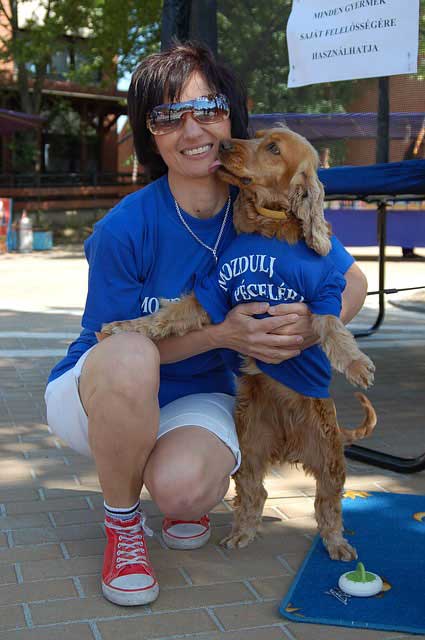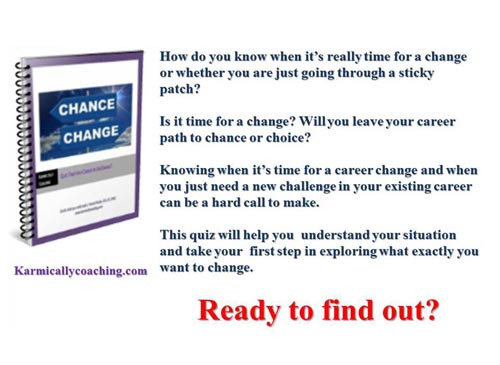
We often do a lot of volunteer and unpaid work for a cause. Here, the goal is not monetary benefit but the achievement of a desired outcome. We know our efforts count to achieve something greater than ourselves.
In the process, we learn soft skills that we might not in the corporate world like managing a group of 4-year-olds at a birthday party or babysitting. My two cents? It requires the qualities of patience, tact and alertness as any parent would tell you.
Why it’s important to record these skills in your resume
Well, for starters would you like to change your career?
Have you been out of work? Do you need to justify how you spent your time? Other than putting it down in your resume that you have been applying for jobs in a recessionary market?
Everyone knows how difficult it is but yet the question can be asked at an interview.
As a successful criminal lawyer friend of mine who often does pro bono work tells me repeatedly, if you’ve done the work, put it in your resume.
Experience counts.
Volunteered my time for Bow Wow Canine Shelter for 2 years where my key role and responsibilities included:
- Reported on time in the morning to walk the dogs/ change dressing of injured dogs
- Planned and coordinated fund raising and pet adoption drives
- Liaised with local authorities when abuse cases were brought to the attention of the shelter
- Provided unpaid staff leadership in the absence of the supervisor
- Was in charge of petitions for preventing cruelty to animals
There may be milestones you achieved.
For example, getting stray dogs vaccinated through the local municipal office’s sponsorship, more volunteer surgeon vets for serious cases, more adoptions and more awareness of kindness to animals in general.
As a starting point, make a list of all the unpaid or volunteer work you have done. Like with regular jobs, compile the dates of the beginning and ending of the volunteer/unpaid work, organization name, position held, job description and any significant achievements and contributions. Depending on the job you are applying for; bring out the specific skill sets you used.
Last but not least, do remember to ask the organization that you volunteered for to give you a reference.
Bonus Tip: Update your LinkedIn Profile for Volunteer and Unpaid Work
Once you’ve updated your resume, I recommend you head over to your LinkedIn Profile and update the section Volunteer Experience & Causes for the specific charity that you worked for including dates and the kind of work you did.
A LinkedIn survey reports that volunteer experience can give job candidates an edge with hiring managers.
41% of the professionals surveyed stated that when they are evaluating candidates, they consider volunteer work equally as valuable as paid work experience.
20% of the hiring managers surveyed have made a hiring decision based on a candidate’s volunteer work experience.
Make your profile noticeable by also adding information about the specific opportunities that you are available for. Include your favourite causes like wildlife conservation, animal shelters, autism and similar causes. Here’s how I put my important volunteer work in my profile.
Add your volunteer and pro bono work in your summary. State what motivates and drives you to offer your time and experience for noble causes. If you’re between jobs, include this in your work experience to fill the gap in your employment history.
A word of warning for your resume and LinkedIn Profile – make sure that the information is genuine and correct because potential employers will crosscheck as part of their recruitment process.
Have you ever had a career change because of the skills you picked up while you were unemployed or in between jobs?
Written By: Vatsala Shukla
Updated: 27 May 2023




 I adhere to the Certified Coaches Alliance Code of Ethics and Standards. A copy is available on request.
I adhere to the Certified Coaches Alliance Code of Ethics and Standards. A copy is available on request.
 Let's Talk through the Connect Form:
Let's Talk through the Connect Form: